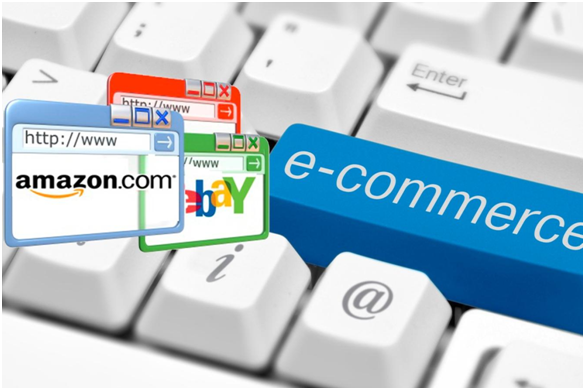Setting up an e-commerce website can be daunting. A lot of people may try to convince you that it’s easy, but once you start the process, you find it takes more resources than it initially seemed.
This isn’t to scare you away – setting up an e-commerce store is still a lot simpler than setting up a brick and mortar business, but you need to get started with the proper mindset. Setting up will require time and money. How much money you spend relative to time depends how much of each you’re willing to sacrifice.
If you put in a lot of time, you may end up spending less to get started. However, if you outsource work to a professional, you will pay more but have more time on your hands to do other revenue generating activities. The bottom line is working out the best angle to take in your approach to setting up a robust business that has scalable potentials.
To get started, here are the basic steps you have to take:
Choose Your Industry and Product
Your first step is to select the industry and product you want to sell online. Then, take time to study your product and come up with a perfect description. You can contact a writing company that has technical experience in descriptions of ecommerce products. This step is crucial and can make or break your e-commerce business.
It’s important not to choose a product that is easily available locally as people would rather pick it up at their local store. Some people just choose to go with their passion (which can be a great idea), but below are some other practical business consideration to bear in mind when deciding on what niche to focus on when launching.
- Price: The price of the product you choose should not be too low as it will impact on your ability to achieve a decent return on investment. It also shouldn’t be too high ($1000+) because people will want to speak with someone on the phone before placing such an order. Between $100-200 is a good price point.
- Margin: Ensure you know the margins before committing to a product. Profit margins online are usually between 30-35%, but this varies widely. Some products are sold with 300% margins while some are about 5% or lower, depending on the industry.
- Shipping Size: Large and heavy products are more expensive to ship, and customers now expect free shipping. Choosing a heavy product can eat deep into your product.
Find a Supplier
Once you have narrowed it down to an industry or product, it’s time to find suppliers. Places where you can find suppliers include Google Shopping, Alibaba, or directories such as Worldwide Brands and Wholesale Central.
Find manufacturers and wholesalers with requirements you can easily meet, then get a rough idea of your costs, and work out your margin based on the cost of similar products online. While you’re working out your margin, evaluate your competition and develop your unique selling proposition and business plan, if you haven’t already.
Get the Website Ready
Your first step is to choose a domain name. Choose a domain name that is easily memorable and unambiguous. A dot com name is preferable to other extensions, and it’s important that you purchase https encryption in order to keep your customer information secure. There are many things to consider when choosing the right name. Don’t search domain names if you haven’t taken your time to analyse how a name affects your overall brand goals. Your next step will be to get a good web hosting platform.
Unless you’re experienced with building a website, you may want to outsource this process to an expert. However, e-commerce platforms such as Shopify provide various easy-to-customize templates that would allow someone with little technical experience to set up a store.
Your next step is to set up an online payment processor and merchants.
Setting up an e-commerce store is just the first step in the process. You will need to learn other things as you go along, such as SEO, writing product description properly, driving traffic, and email marketing in order to make your e-commerce store a success. A lot of these require good web content, but you can easily outsource this to companies such as Pavilion Copywriting.
Don’t let these processes discourage you. Starting an e-commerce store is certainly worth the effort. As Nike would advise, “Just Do It.”










+ There are no comments
Add yours